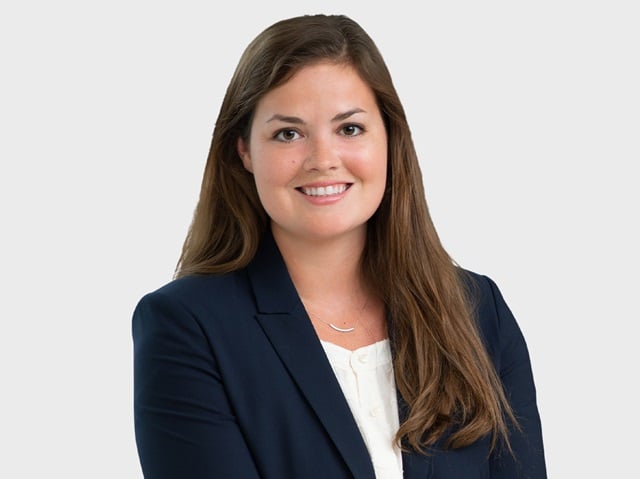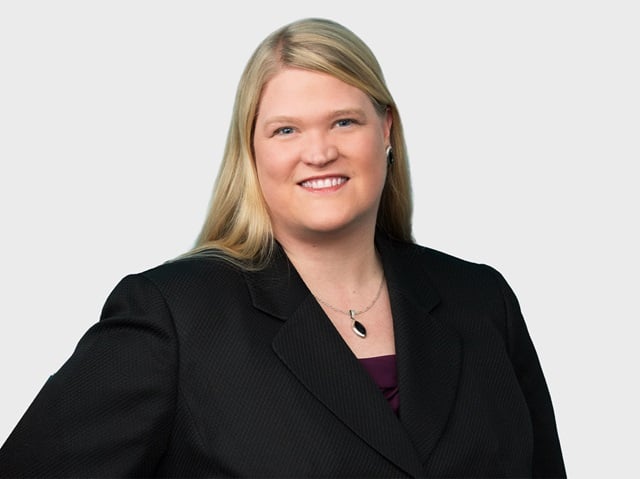On February 21, 2025, the U.S. Supreme Court decided Wisconsin Bell, Inc. v. United States ex rel. Heath, holding that a whistleblower can bring a False Claims Act (FCA) lawsuit against a telecommunications carrier over reimbursements from an industry-funded program to provide internet and phone service to schools and libraries. In doing so, the Court ruled that the carrier’s requests for reimbursements from a private fund constituted “claims” under the False Claims Act because the government provided a portion of the money in that fund.
This case involves the Education-Rate (or E-Rate) program, which was established under the Telecommunications Act of 1996 and subsidizes internet and other telecommunications services for schools and libraries in the United States. To finance those subsidies, Congress required telecommunications carriers to pay into a fund known as the Universal Service Fund (the Fund), administered by the private, nonprofit corporation Universal Service Administrative Company, which in turn collects and distributes money in the fund to beneficiaries pursuant to FCC regulations. Those regulations prohibit carriers from charging schools and libraries more than they would charge a similarly situated residential customer — i.e., the “lowest corresponding price” rule. Once the price is set, the school or library can obtain its subsidy by paying the carrier a discounted price and requiring the carrier to recover the remainder from the Fund, or by paying the unsubsidized price and then seeking reimbursement from the Fund.
Relator Todd Heath, a school district auditor, filed a False Claims Act lawsuit against Wisconsin Bell, claiming that the company violated the lowest corresponding price rule by routinely overbilling schools and libraries for telecom services and then seeking reimbursement from the Fund. In his view, those alleged violations led to reimbursement requests for amounts higher than the company should have been paid, and those inflated reimbursement requests could give rise to FCA liability because they qualify as “claims.” Wisconsin Bell moved to dismiss, arguing that an E-Rate reimbursement request can never qualify as a claim under the FCA because the money comes from private telecommunications carriers and is managed by a private corporation, meaning that the government does not “provide[] any portion of the money” requested, as required by the FCA. See 31 U.S.C. § 3729(b)(2)(A)(ii)(I). Both the district court and the Seventh Circuit rejected the argument.
In a unanimous decision, the Supreme Court affirmed the lower court’s ruling, explaining that that E-Rate reimbursement requests are “claims” under the FCA because, during the relevant time period, the government transferred more than $100 million from the Treasury into the Fund. The money consisted of outstanding debts, settlements and criminal restitution collected by the government related to the Fund. Writing for the Court, Justice Kagan observed that the key question was whether the government “provided” — as that term is ordinarily used — any portion of the money sought by Wisconsin Bell. “It is a simple matter, as the saying goes, of following the money,” Justice Kagan wrote. “The reimbursement requests at issue qualify as ‘claims’ under the FCA because, in the years they were made, the [g]overnment deposited money into the Fund to pay for E-Rate subsidies.” The Court rejected Wisconsin Bell’s argument that the government was a mere intermediary and that even the $100 million was provided to the Fund by private parties. It explained that the government itself generated those funds by extracting payments from carriers and prosecuting wrongdoing. The case was remanded to allow the FCA suit to proceed.
Justice Kagan delivered the unanimous opinion of the Court. Justices Thomas and Kavanaugh filed concurring opinions.
.svg?rev=a492cc1069df46bdab38f8cb66573f1c&hash=2617C9FE8A7B0BD1C43269B5D5ED9AE2)


